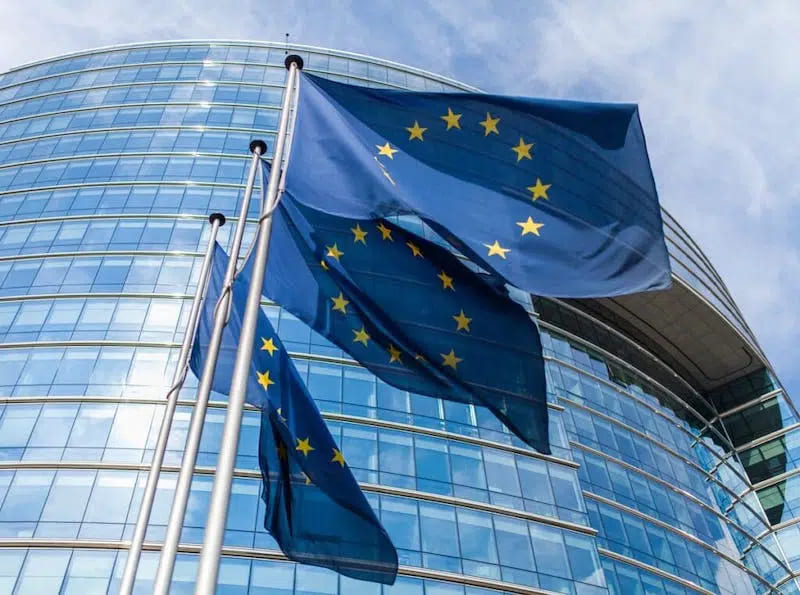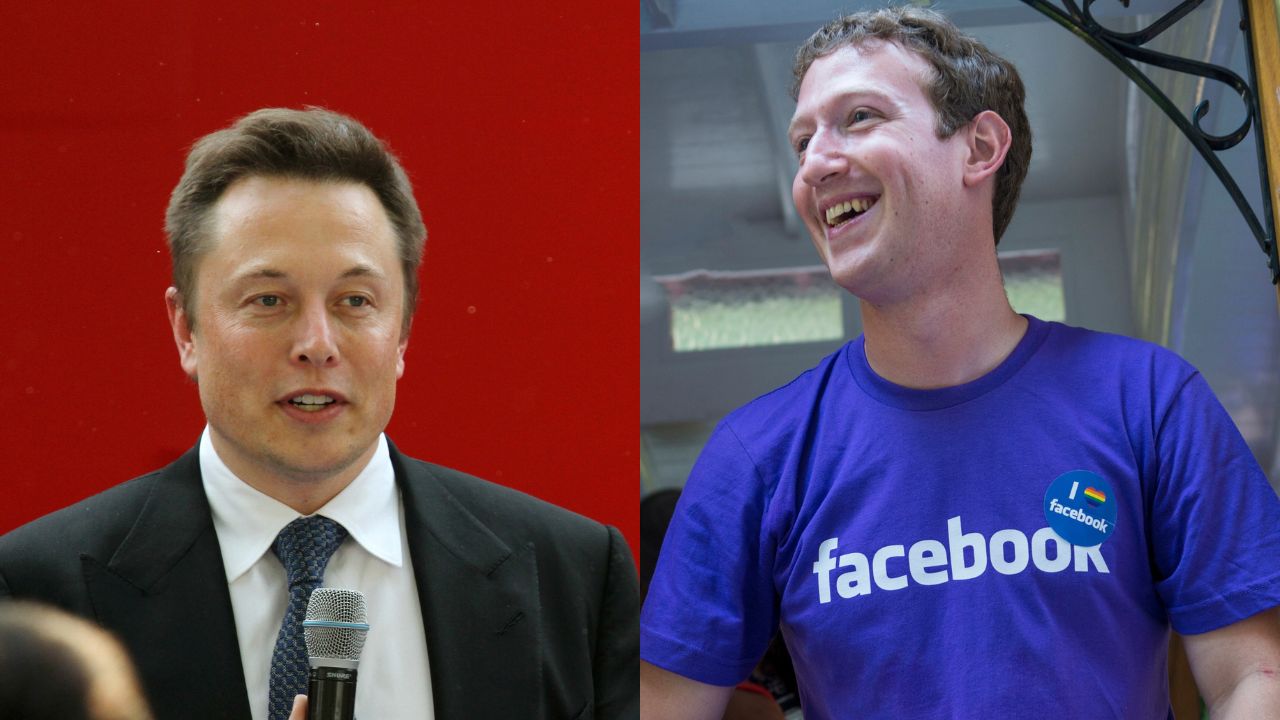They were supposed to compete in a mixed martial arts match, and instead Elon Musk and Mark Zuckerberg both find themselves reprimanded by the European Union for much less epic reasons.
We will omit an examination of what is happening between Israel and Hamas because unfortunately the war, which began on the night between 6 and 7 October, is occupying the traditional and new media.
And the problem lies precisely in the new media, or rather in some social platforms. Already in the first weeks after the Russian invasion of Ukraine we told you about the ambivalent role of social media. Precious both for the immediacy with which they spread news and for their role as a megaphone for the oppressed. On the other hand, social media itself is at a very high risk of manipulation. That is, they are potential vehicles of distorted or regime-driven information.
AND precisely with regard to the disinformation on the war between Israel and Hamas that the EU has called out Meta and. Let’s find out what happened.

The EU at Meta and X: immediate stop to disinformation on the conflict
Single Market Commissioner Thierry Breton sent two letters, one to Elon Musk and one to Mark Zuckerberg, owners of X and Meta respectively.
The request to both is provide within 24 hours “a timely, precise and complete response” to Brussels’ requests on the online disinformation that is proliferating on their social networks. Disinformation, we read in the letter to Musk, “also in light of the upcoming elections in Poland, Holland, Lithuania, Belgium, Croatia, Romania, Austria and the European Parliament.” But above all linked to the Israeli-Palestinian conflict.
In case of failure to comply with the regulations in force in the European Union, the two tech giants could face sanctions.
The back and forth between Breton and Musk
Paradoxically but not too much (now these are the communication channels) Breton expressed himself precisely on X towards Elon Musk. In addition to showing the letter sent to the company, the commissioner wrote in a post: “Following the Hamas terrorist attacks on Israel, we have indications that X/Twitter is being used to spread illegal content and disinformation in the EU.” But the word “Israel” was replaced by the state flag, evidently to escape the censorship of algorithms.
Musk’s response was not long in coming: “Our policy is that everything is open source and transparent, an approach that I know the EU supports. Please list the violations on X that you allude to so the public can see them.”
Breton replied in turn: “You are well aware of reports from your users and authorities about false content and glorification of violence. It’s up to you to prove that you keep your word. My team remains available to ensure compliance with the Digital Service Act, which the EU will continue to strictly enforce.”
The 24-hour deadline, being Breton’s post at 8.20pm on Tuesday 10 October, occurred at the same time on Wednesday 11.
The EU and Meta
The EU turned to X but also to Meta, with one day of difference (October 11th and not the 10th). And also with softer tones: in a recent report, the EU itself highlighted X as the platform with the most disinformation.
However, the demands are similar. Breton’s letter to Zuckerberg begins like this: “Dear Mr. Zuckerberg, in light of recent developments, allow me to remind you of the precise obligations on moderation contained in the Digital service act.”
A Meta spokesperson responded to Breton: “After the Hamas terrorist attacks on Israel, we quickly established a dedicated operations center staffed by experts, including Hebrew and Arabic speakers, to closely monitor this rapidly evolving situation in real time.
Our teams are working tirelessly to keep our platforms safe, take action on content that violates our policies or local laws, and coordinate with third-party fact-checkers in the conflict region to limit the spread of misinformation.”
War and disinformation
Despite the (inevitable) reassurances of X and Meta, in recent days there have been several reports of clearly false content regarding the conflict between Israel and Hamas, in some cases even taken from realistic video games.
E the two platforms did not intervene promptly to report or delete untruthful images and videos, just as EU rules require.
It goes without saying that, in the drama of such a heartbreaking (and divisive) conflict, misinformation contributes to exasperating people and fueling fear and mutual hatred.















Leave a Reply
View Comments